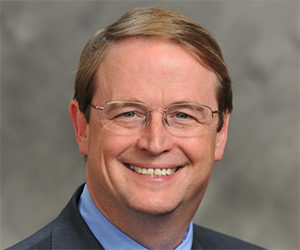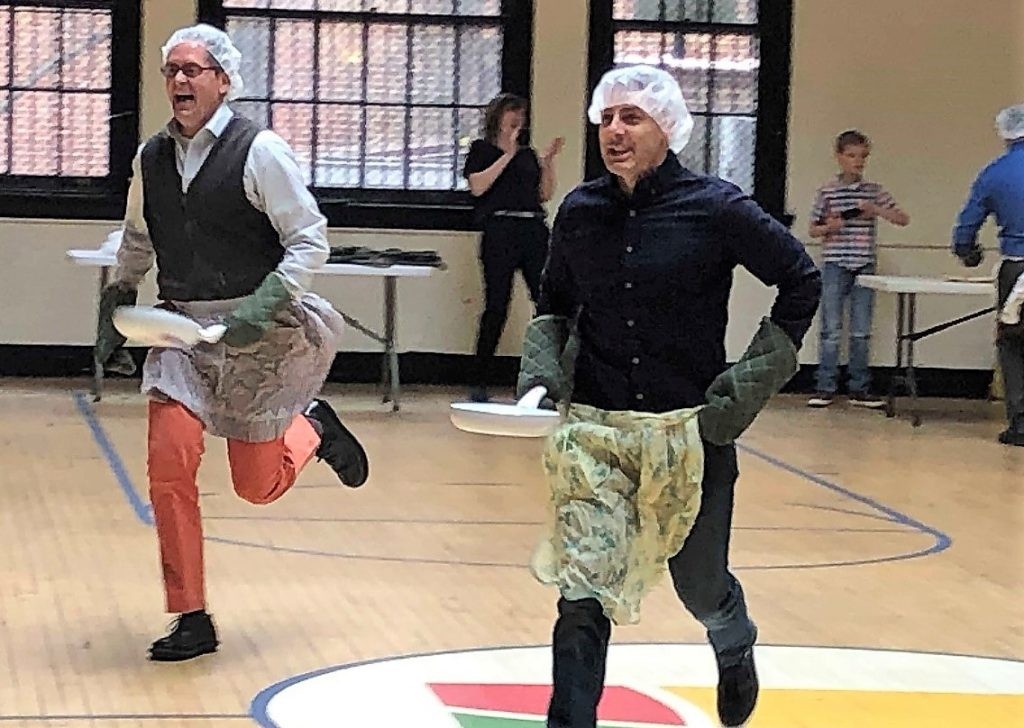 My paper plate was not designed to hold syrup, but I covered it with fluffy golden layers drenched in melted butter and soaked in a sweet amber river of maple deliciousness. Whoever decided overeating should be the prelude to penitence was a genius. Why didn’t the churches of my youth know about this? Those churches excelled at food-centered faith, but somehow missed out on the spiritual implications of pancakes.
My paper plate was not designed to hold syrup, but I covered it with fluffy golden layers drenched in melted butter and soaked in a sweet amber river of maple deliciousness. Whoever decided overeating should be the prelude to penitence was a genius. Why didn’t the churches of my youth know about this? Those churches excelled at food-centered faith, but somehow missed out on the spiritual implications of pancakes.
Who wouldn’t want to belong to a church that confesses sins by eating copious quantities of sugar? How much different would my faith be if I had grown up with a full-blown pancake racing tradition? How much fuller would my experience of repentance be if I had learned to run while flipping hotcakes? How would it improve the reputation of Christians if every church had these wonderful, ridiculous events? Who wouldn’t want to join a group of people running around a gym in their Sunday best with flapjack-laden skillets?
I have attended three years of Pancake Races at Plymouth Church in Brooklyn. Our races, which take place on the Sunday before Lent, include hairnets, oven mitts, spatulas and aprons. The early races were not particularly competitive. Women ran in heels.
But by 2017 parents felt the children’s races had become dangerous, so the referee decided to slow them down by having participants run backwards. This was a poorly- thought-out rules change that was reversed one race later.

Pancake Day 2019 at Plymouth Church
In 2018 the women’s race got ugly. Elbows flew. A marathon runner pulled a hamstring. She may have been tripped, which might have followed a shove. Some questioned whether the winner’s pancake was flipped the requisite number of times.
At this year’s extravaganza, we tried to limit the carnage and the chicanery. We made it clear there would be no hiding pancakes in pockets to replace dropped pancakes. We let spectators know that gambling would not be allowed.
For the most part, we treated the races with the respect they deserve. The competition was fierce, but there were no casualties. There were accusation of PEDs, but no proof. One gridiron gladiator hid the others’ aprons, but felt bad about it afterwards.
Six centuries ago churches in England began having pancake lunches on the day before Lent to use up the butter, milk, eggs, sugar and fat that were forbidden during Lent. On Pancake Tuesday in 1445 a woman in Olney, England – whose name was lost to history but whose influence was not – was so intent on making pancakes that she did not notice the time until she heard the church bell ring. She raced out of the house and down the street to the church still wearing her apron, pancakes still in her frying pan, tossing them to prevent burning.
“Feast days remind us to live in gratitude. Celebration, reveling in the pleasures of life, helps us pay attention.”
Women were soon racing through the streets flipping pancakes. The first woman to complete the course, arrive at the church, serve her pancake to the bell ringer and be kissed by him was declared the winner.
There is not much biblical precedent for pancake races. Cakes were offered in the temple (Exodus 29:2), but cakes offered to the “queen of heaven” were idolatrous (Jeremiah 7:18). Well-intentioned interpreters who look for theological meaning in the ingredients are on shaky ground. Some see eggs as a symbol for creation, flour as the staff of life, salt as wholesomeness and milk as purity. These commentators are trying way too hard.
Experts in dream interpretation say pancakes are spiritual in nature. Dreams of serving pancakes indicate a longing for joy. Dreams of eating pancakes suggest the desire for a closer family. Some associate pancakes with belonging, because their grandparents made blueberry buttermilk pancakes.
This year March 5 is the day of preparation for Lent. Shrove Tuesday is more fun than it sounds. “Shrove” means to hear the confession of sins, assure forgiveness and give spiritual advice. This does not sound like a party, but Fat Tuesday or Mardi Gras does suggest “Let the good times roll!” In Iceland, Pancake Tuesday is known as Bursting Day – an apt name for a day of stuffing ourselves.
The point of Pancake Tuesday – the one day of the year no one should go to Waffle House – is not to get the partying out of our system before Lent begins. Feast days remind us to live in gratitude. Celebration, reveling in the pleasures of life, helps us pay attention. We need to thank God for the laughter of a good church, the joy of forgiveness and the taste of pancakes soaked in syrup.
